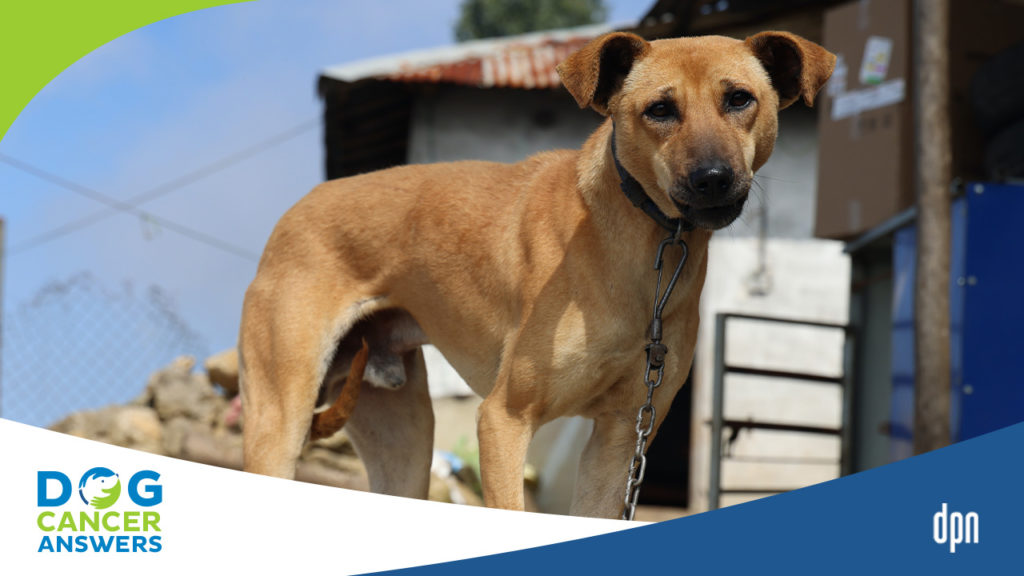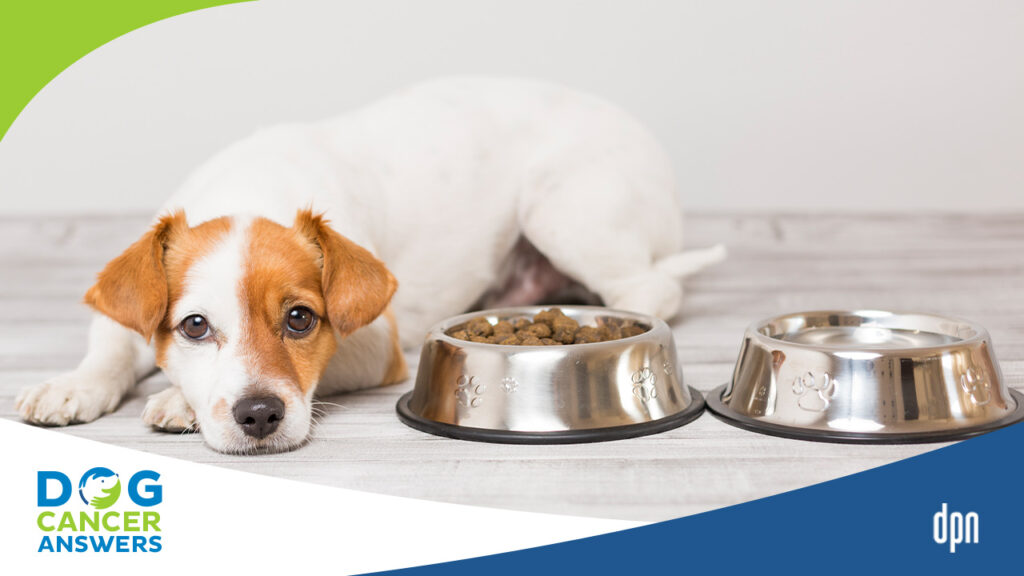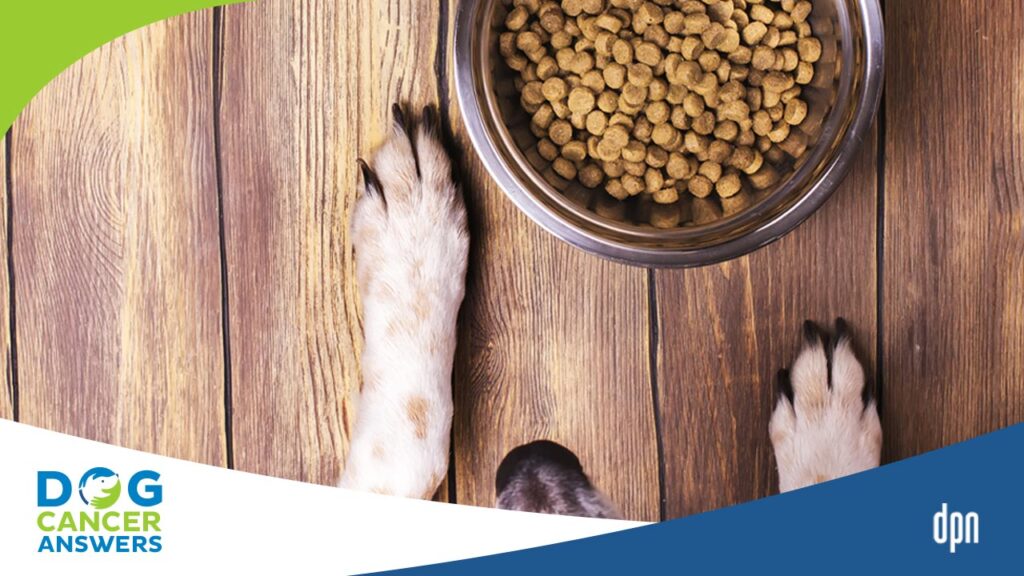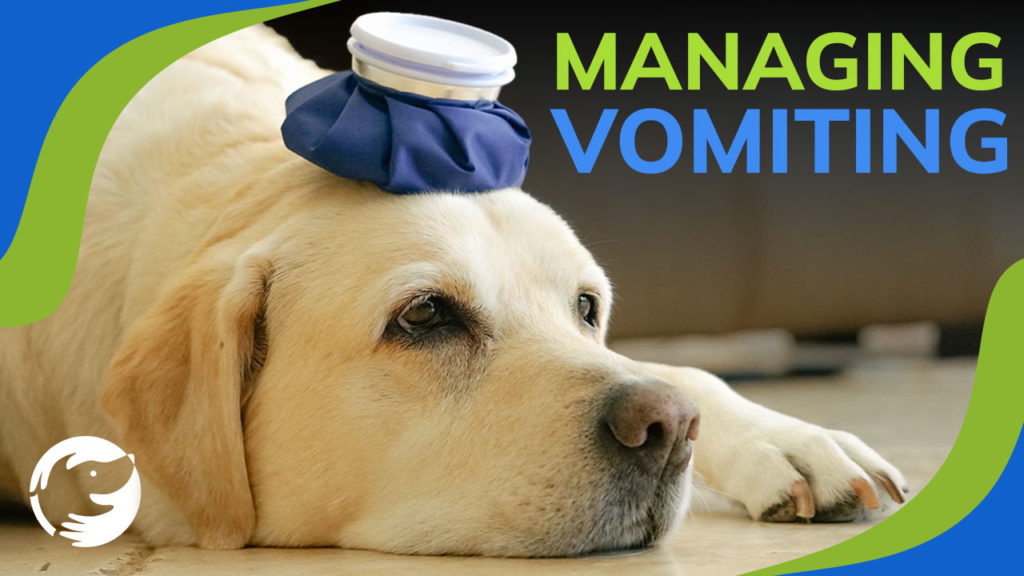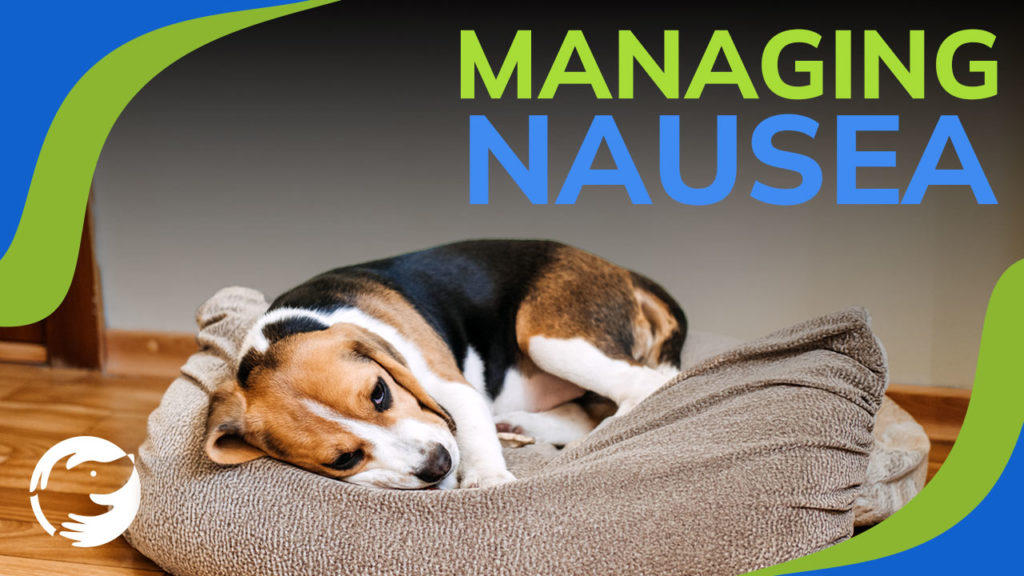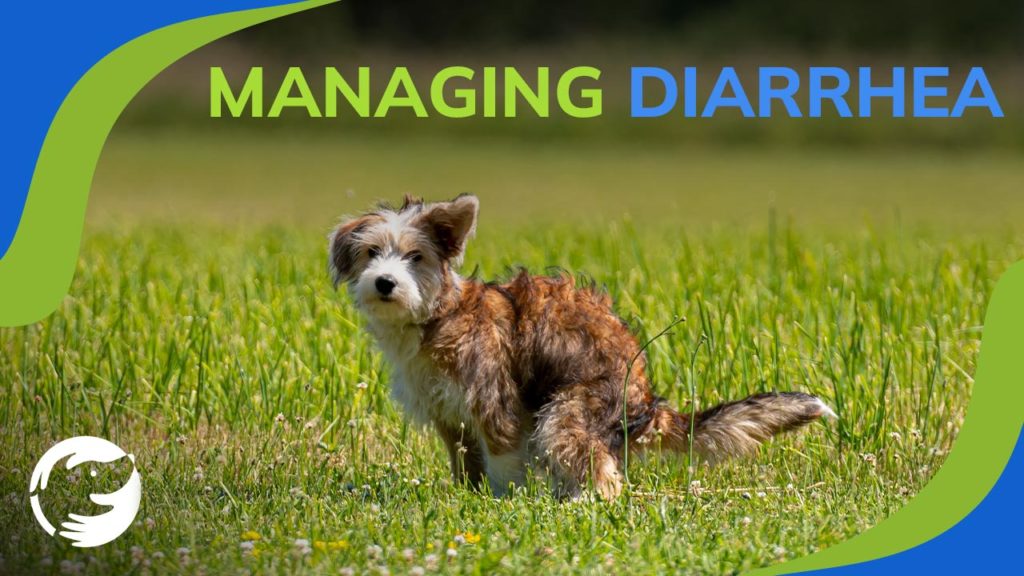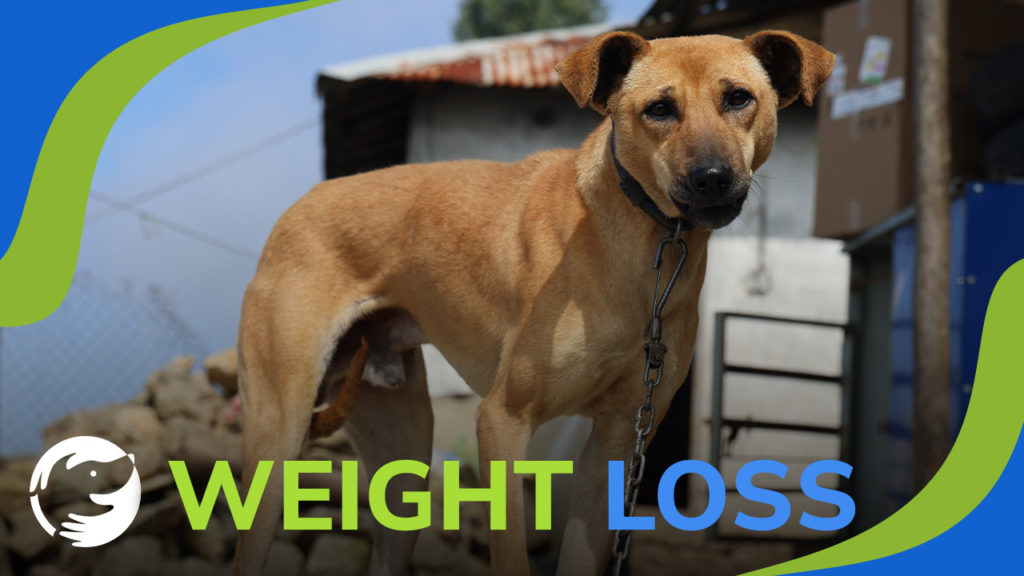
Cachexia – When Your Dog Won’t Eat
Find out how to manage cancer cachexia through dietary modification and appetite-boosting medications and supplements.
James Jacobson: Sometimes when the dog has cancer they just don’t wanna eat. There’s a word for this, It’s cancer cachexia, i think I’m saying that right Dr. Dressler? What are your thoughts on it and am I pronouncing it correctly?
Dr. Demian Dressler: Well, you are pronouncing it correctly. It’s something that happens usually in the later stages of cancer. What it represents that dog is almost hijacking the metabolism that is due to the presence of chemical signals from cancer cells. What it does is it prevents the body from getting the carbohydrates and the fats, and the protein absorbed and process to support the body tissue. What the cancer chemicals do is they instead shift the body’s metabolism so that the body is now feeding the cancer as opposed to feeding itself.
James Jacobson: So, that sounds like a pretty serious situation because the dog doesn’t wanna eat.
Dr. Demian Dressler: Yeah, when you combined that with a lack of intake, caloric intake, we have this weight loss and that’s really what cachexia is, it’s the loss usually of muscle mass that’s connected with the cancer cells. now there is good news there because through some dietary modification that we talked about on the guide. Also, through the use of sometimes of increasing appetite with medication or sometimes supplements, all these things can help to offset the cancer cachexia.
James Jacobson: What are some of the things that you do in your practice Dr. Ettinger where the dog is presenting with cachexia?
Dr. Susan Ettinger: What’s interesting about cachexia is that it’s a pretty common for those pets to actually be eating well and often you can see cachexia in patients that are eating adequate number of calories but as Dr. Dressler said, their metabolism is so turned up that they’re still losing weight. So I think it’s important if you get them on a high quality diet, high fats and proteins. Then, if they are not interested in eating, it’s important to stimulate that appetite as well to try to boost that interest in eating.
James Jacobson: So, Dr. Dressler, what are some things you can do to stimulate that interest in eating?
Dr. Demian Dressler: Well, there’s certain pharmaceuticals which can be used to increase appetite. Newer ones are probably the most common is Mirtazapine. In the olden days we used to use different medications, different drugs. On the herbal side or “alternative” side, many times we use things like ginger which can help to soothe the stomach. Sometimes also a slippery elm which can help to soothe the intestine. On top of that, we have supplements like certain fatty acids which can help with cachexia and we wanna improve melatonin levels in the body through long sleeps. That’s something too that’s been showing at least in rodents and scientific studies like that to help with cachexia.
James Jacobson: There is help if your dog isn’t eating cause he has cancer cachexia. More information is available in The Dog Cancer Survival Guide. Dr. Dressler, Dr. Ettinger thank you so much.
Dr. Susan Ettinger & Dr. Demian Dressler: Thank you!
Topics
Did You Find This Helpful? Share It with Your Pack!
Use the buttons to share what you learned on social media, download a PDF, print this out, or email it to your veterinarian.
Editor's Picks
CATEGORY
